Events
Film
05/09/2025 - 06/29/2025
New York, NY
Mikio Naruse: The World Betrays Us
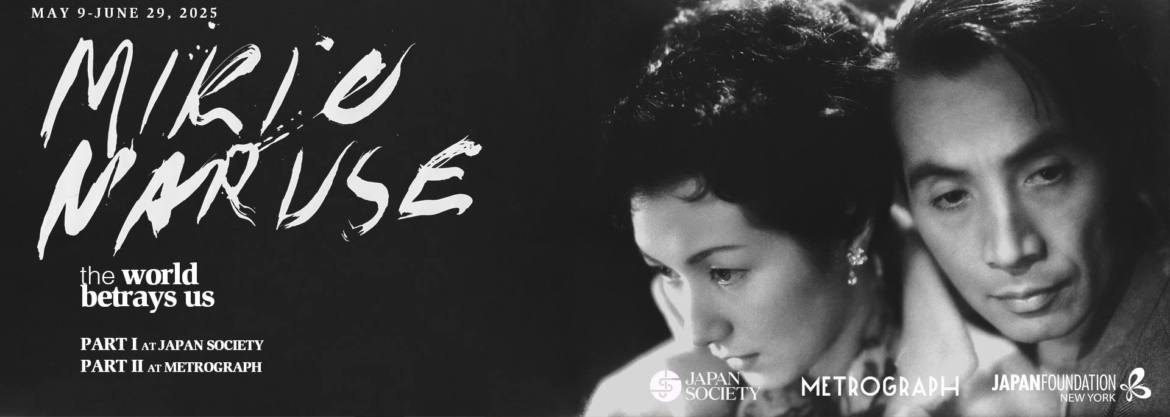
Time and Location
Part I: May 9-31
Japan Society (New York, NY)
Part II: June 5-29
Metrograph (New York, NY)
About
Often cited as the “fourth great master” of Japanese cinema, Mikio Naruse (1905-1969) crafted an austere world across his four-decade career, excavating the lives of women and the milieu of Japan’s working class, accentuated by his profound sense of despair. Once dismissed by critics as a “poor man’s Ozu”, the prolific studio craftsman would share some close thematic sensibilities with his contemporary early on, but his bleak realities and subtle style, informed by his own impoverished upbringing, would elucidate his pessimist beliefs. A longtime director for Toho, where his notoriously taciturn persona would earn the nickname “Yaruse Nakio” or Mr. Disconsolate, Naruse became a renowned master of the shoshimin eiga (common people’s drama) and was lauded as one of the great directors of women.
The currents of Naruse’s cinema course through the constraints and deceptions of contemporary society, displaying the deep sorrows and failures found in life. Perhaps no more brilliantly exemplified than through his extensive collaborations with actress Hideko Takamine and kinship with the writings of Fumiko Hayashi, Naruse’s heroines reflect the personal histories of common women—mothers, daughters, wives—in Japan’s developing modernity, bringing an earth-shattering humanity to their troubles; one encircled by marital discord, deceitful men, economic disparity and a ruthlessly gendered society.
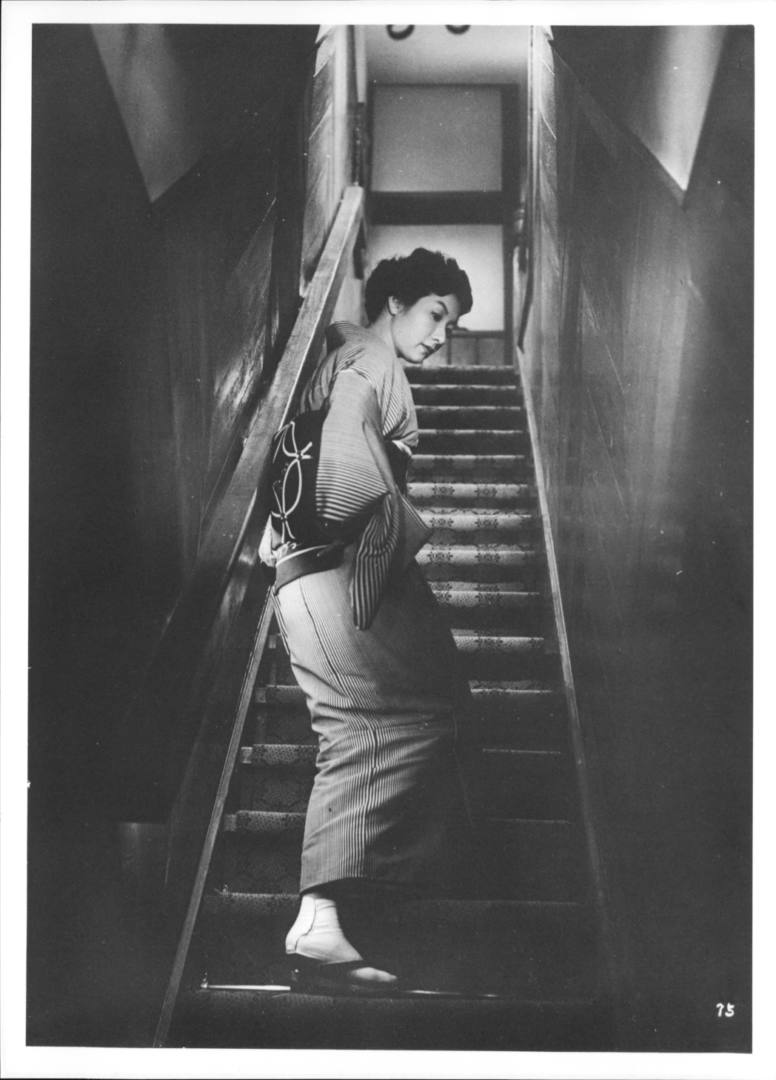
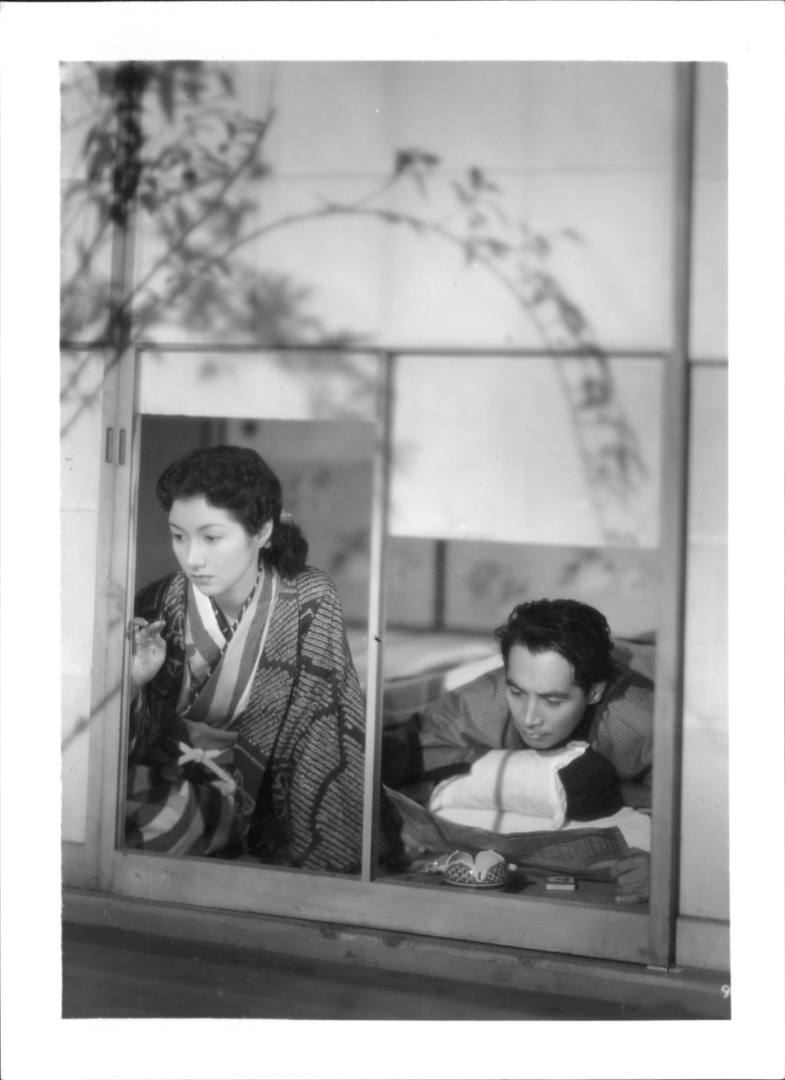
Japan Society first presented a retrospective of Naruse’s work in 1973—then noted as the “first film series ever devoted exclusively to the work of Naruse”—and again in 1984 with the Museum of Modern Art. Today, in concert with Metrograph and Japan Society, the Japan Foundation is proud to commemorate this golden age master on the 120th anniversary of his birth with his first New York retrospective in 20 years.
“Formerly demoted by Japanese and Western critics alike in favor of his friend Yasujirō Ozu, a conspicuously idiomatic stylist, the notoriously taciturn Naruse left behind a quieter, more unassuming body of work that today reveals itself as an equally essential contribution to modern cinema, inspiring filmmakers from Ann Hui and Hou Hsiao-hsien to Park Chan-wook and Ryusuke Hamaguchi. Marked by the understated fluency of its formal rigor, the drab realism of its settings, and its themes of personal dreams extinguished by economic deprivation, gender inequality, and the failure of traditional kinship structures, Naruse’s thoroughly disillusioned cinema only grows more ripe for reconsideration as our postwar global consensus barrels toward collapse. ‘From the earliest age I have thought that the world we live in betrays us,’ the director said, ‘this thought remains with me.’” —Edo Choi, Metrograph Programmer
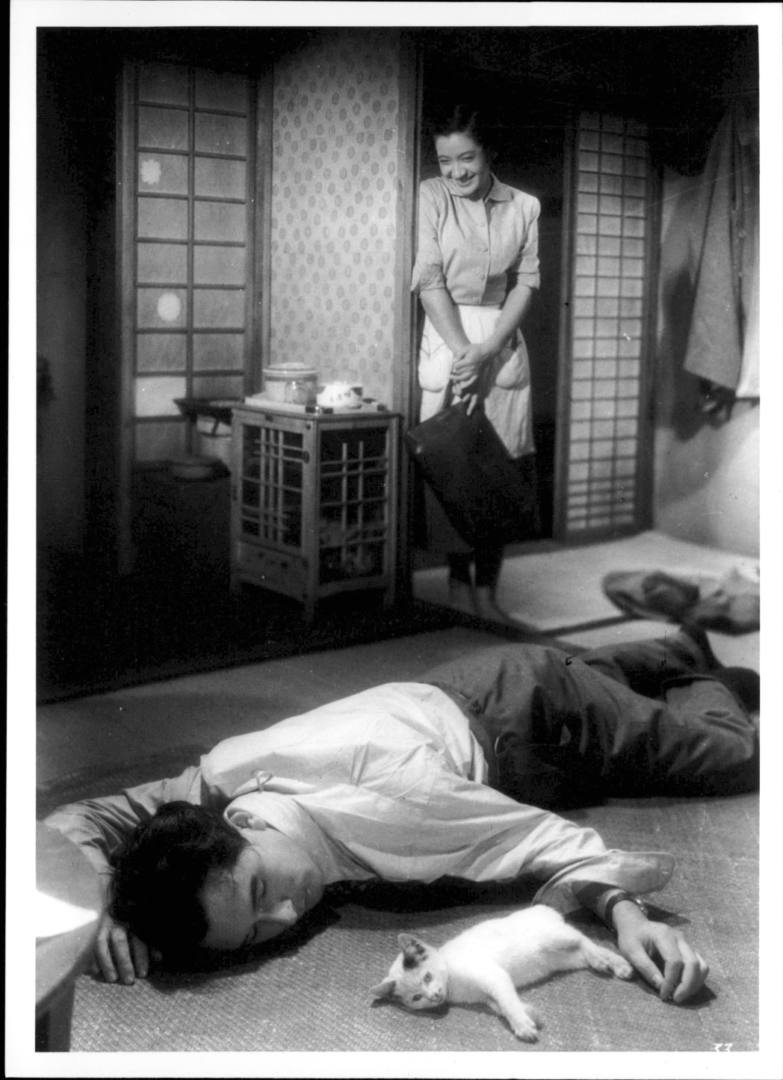
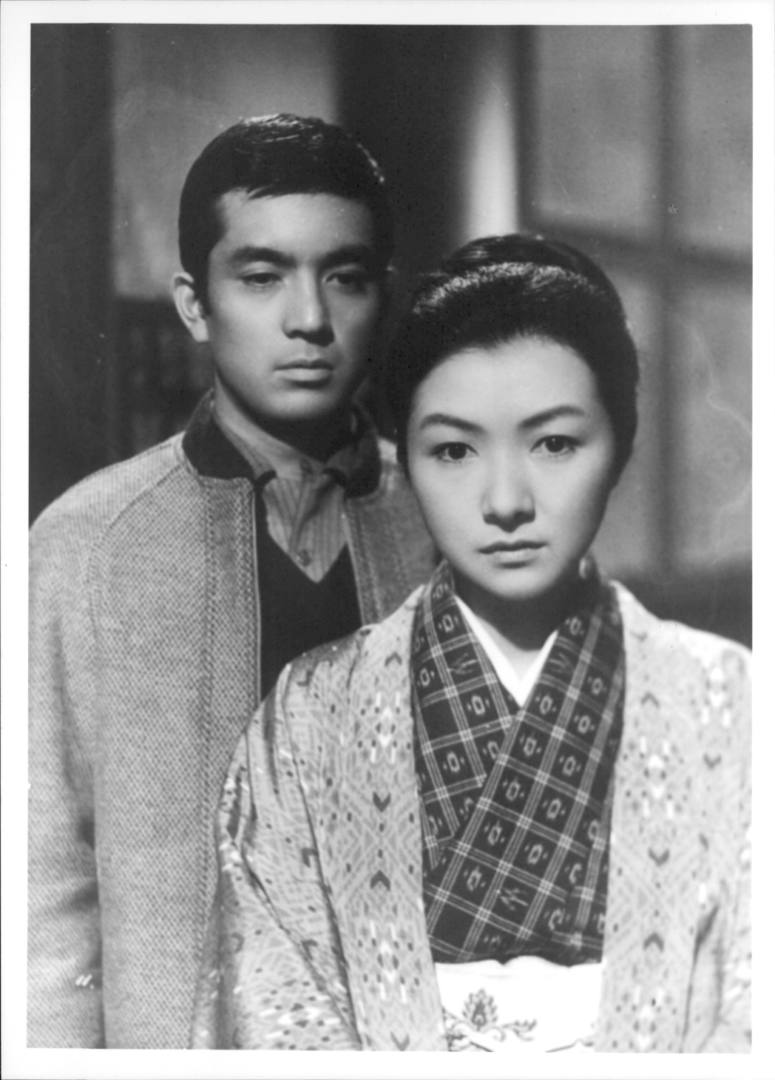
This event is co-organized by Japan Society, Metrograph, and the Japan Foundation.


For tickets (Part 1): please visit Japan Society – tickets on sale now.
For tickets (Part 2): please visit Metrograph – tickets on sale now.